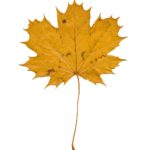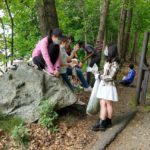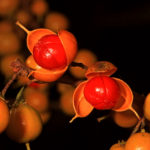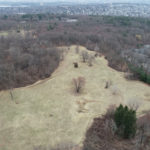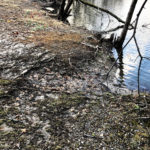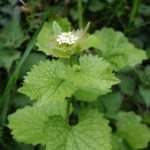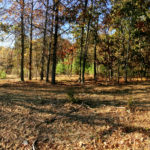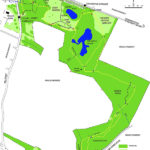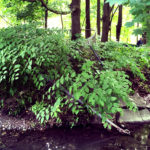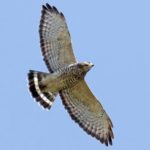
By Meg Muckenhoupt The only constant in life is change, according to Heraclitus, the Greek philosopher who strolled through Ephesus in the late sixth century B.C.E. The Greek letter most commonly used to represent change is delta, which is also the title of the variant of the coronavirus that is more contagious than previous versions and has persuaded the town of Belmont to mandate indoor masking. So, instead of posting a page of fall walks, fundraising galas, hands-on classes, film screenings, talks, and volunteer opportunities, the Belmont Citizens Forum Newsletter’s event listings once again offer the thin milk of online [READ MORE]


